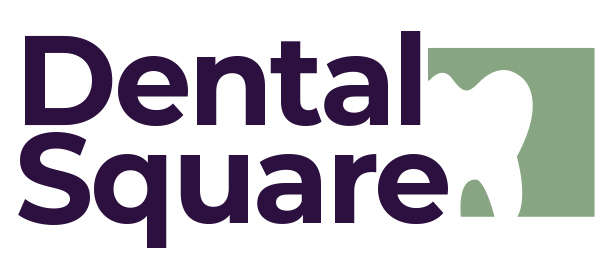What is Dental Bonding
Dental bonding is a cosmetic dental procedure that involves the application of a tooth-coloured composite resin material to the teeth. It is used to repair chipped, cracked, or discoloured teeth, as well as to close gaps between teeth and to change the shape and size of teeth. Dental bonding is a simple and painless procedure that typically does not require anesthesia unless the bonding is being used to fill a decayed tooth.
The dentist will first prepare the tooth by roughening the surface and applying a conditioning liquid during the bonding process. Then, the composite resin material is applied and shaped to match the surrounding teeth. A special light is then used to harden the material, and the tooth is polished to a smooth finish.
Benefits Of Dental Bonding
Dental bonding offers a range of benefits for those looking to improve the appearance of their teeth. Firstly, it is a minimally invasive procedure that typically does not require any anesthesia. This means that patients can undergo the treatment without the need for needles or drills, reducing discomfort and anxiety. Another benefit of dental bonding is its ability to improve the appearance of teeth in a single visit.
Unlike other cosmetic dental procedures that may require multiple appointments, dental bonding can be completed in one visit, saving time and minimizing disruptions to daily life. Dental bonding is also a cost-effective option for those seeking cosmetic dental treatment. It is less expensive than other treatments, such as veneers and crowns, making it more accessible to a broader range of patients.
Tips For Maintaining Your New Smile
1. Avoid eating hard and sticky foods : After the procedure, avoid eating hard and sticky foods that can damage the bonding material. This includes nuts, popcorn, and chewy candy.
2. Practice good oral hygiene : Brush and floss your teeth regularly to maintain good oral hygiene. This will help prevent decay and discoloration around the bonding material.
3. Avoid staining substances : To prevent staining, avoid consuming substances that can discolor your teeth such as coffee, tea, red wine, and tobacco products.
4. Wear a mouthguard : If you participate in contact sports or grind your teeth at night, wear a mouthguard to protect your bonding and teeth.
5. Schedule regular dental check-ups : Visit your dentist regularly to ensure the bonding material is in good condition and to identify any issues early on.
By following these tips, you can maintain your dental bonding and enjoy a healthy, beautiful smile for years to come. If you have any questions or concerns about your dental bonding aftercare then feel free to reach out to the expert team of dentists at Dental Square today.





Leave a Reply